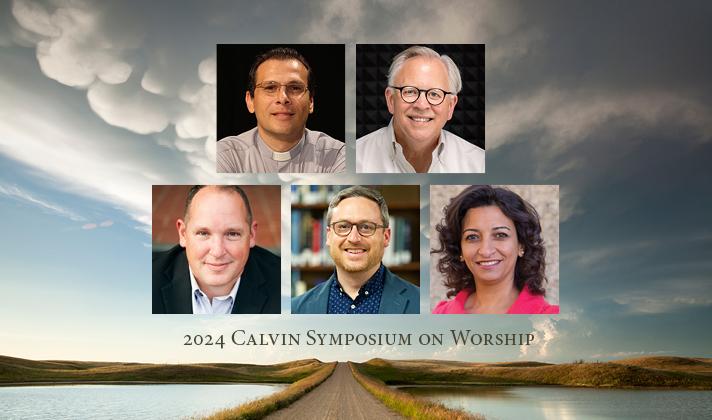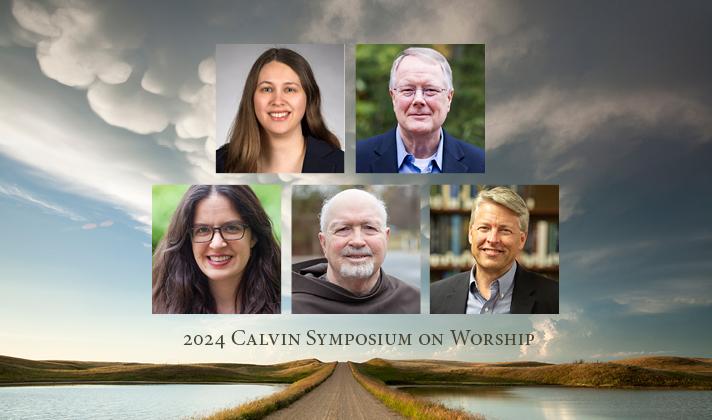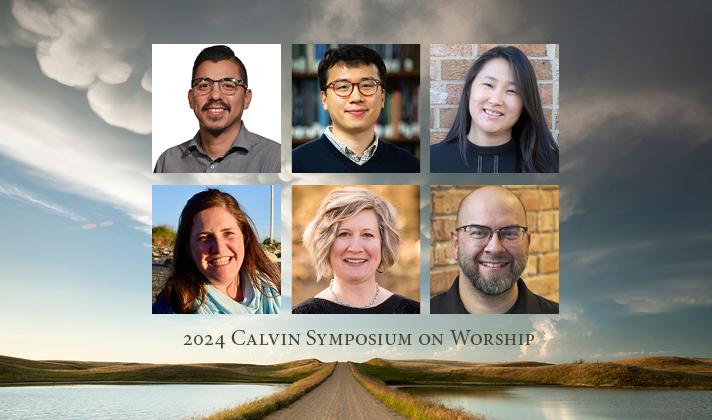How does this psalm piece interpret the psalm?
The piece is a musical interpretation of Psalm 148, “Praise the LORD.” In this piece, the text plays a structurally essential role in the musical form. With its ascetic, restrained character and strictly metrical setting the vocal part resembles Armenian monophonic chants used in the Divine Liturgy of the Armenian Apostolic Church. The syllabic and somewhat recitational text setting is designed to emphasize the text and highlight its meaning. The theme in the vocal part is based on a scale of diminished 4ths, typical to Armenian sacred music modes, and it incorporates a decoration style similar to vocal melodies of Armenian sacred music. The composer approached the text as a universal address to all humankind, regardless of race and nationality, and that is what she aimed to highlight in her piece through a musical language coming from different Christian traditions.
As a universal praise addressed to both heavenly and earthly beings, “Praise the LORD” conveys a powerful and unifying message and is fitting at the beginning of worship as well as for other occasions.
Text and Music: Psalm 148; Tatev Amiryan, © Tatev AmiryanUsed by permission.
Contact: Tatev Amiryan, musicofarmenia.com/tatevamiryan






